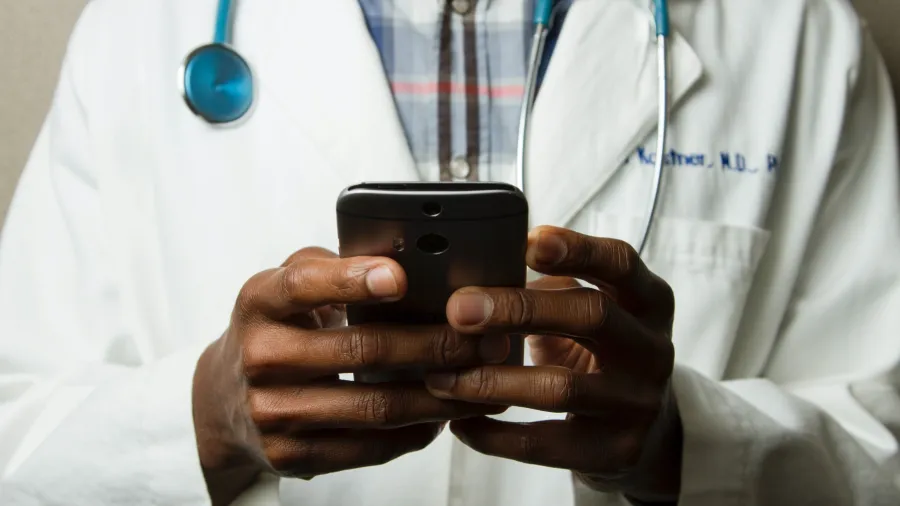
Majority of doctors in Southeast Asia ride the digital shift: study
91% of doctors are active in digital learning events
Medical professionals in Southeast Asia are getting more digital in their consultations and learning activities, according to a new survey by Docquity.
The Docquity Pulse Check 2023 showed 75.2% of doctors in the region expect the volume of teleconsultations to increase next year in a sign that the digital shift is now widely ingrained into the industry.
Currently, about 26% of clinic visits in the region are being delivered virtually, led by Vietnam where the average digital consultation rate was at 39%.
“The era of digitally enabled care has landed and is growing. Stakeholders must learn to embrace this new reality, as doctors have,” Docquity said in the report. “The digital learning revolution is similarly here to stay,
including for traditionally in-person learners.”
Doctors have also shifted to digital channels for their learning needs, with 91.1% of the respondents said they are participating in digital learning events. Even if given a choice of a hybrid learning activity, 66% of doctors still prefer to attend virtually according to the survey.
The study also revealed how technology helped connect the community with nearly half of the professionals saying they interact with their peers in the industry virtually on a daily basis, and mostly to discuss or refer a patient.
“Rather than thinking about doctor learning and engagement styles as either all digital or all in-person, the healthcare industry needs to embrace a meaningful blend of both formats and an impactful use of digital to effectively reach both learning cohorts,” said Roychowdhury, Docquity CEO and co-founder.
Docquity, comprising a network of over 400,000 doctors in the region, polled more than 2,500 general and specialty doctors across the region from March to May this year.


















 Advertise
Advertise


